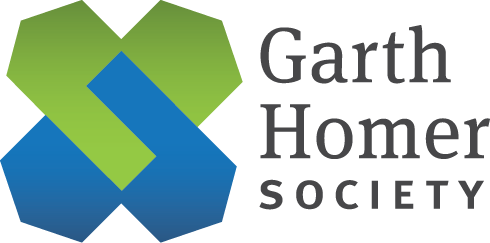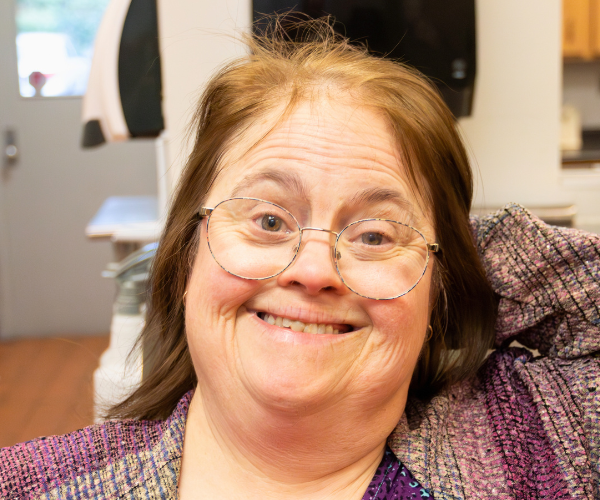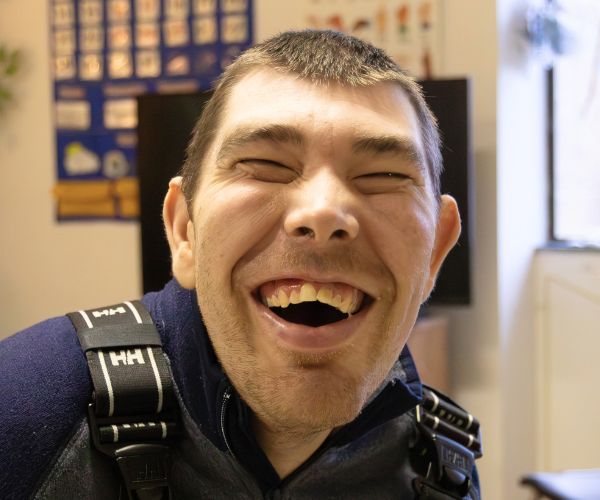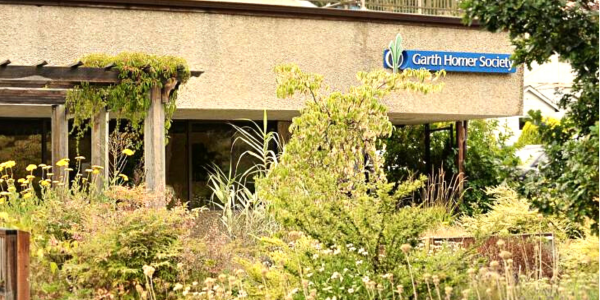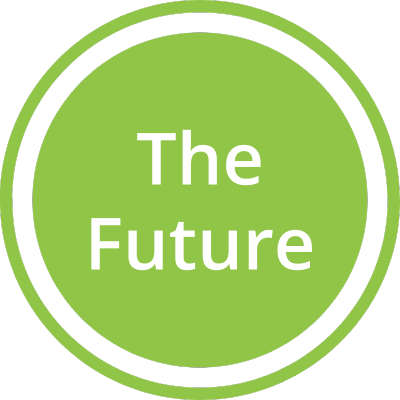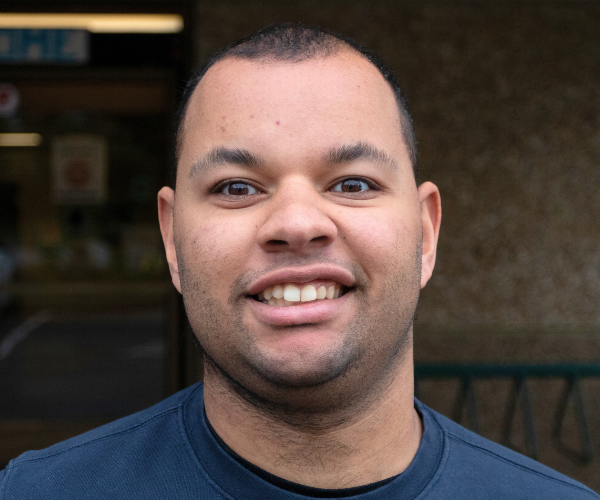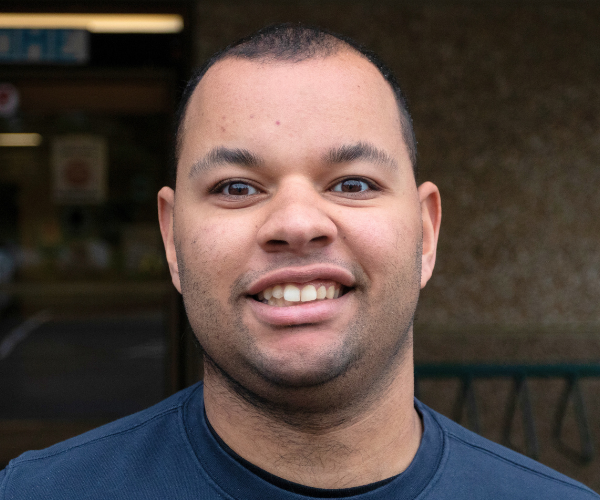The Garth Homer Foundation
The Garth Homer Foundation provides funds to the Society to support people with developmental and other disabilities to make a life, a home, and a place in the world.
Latest News
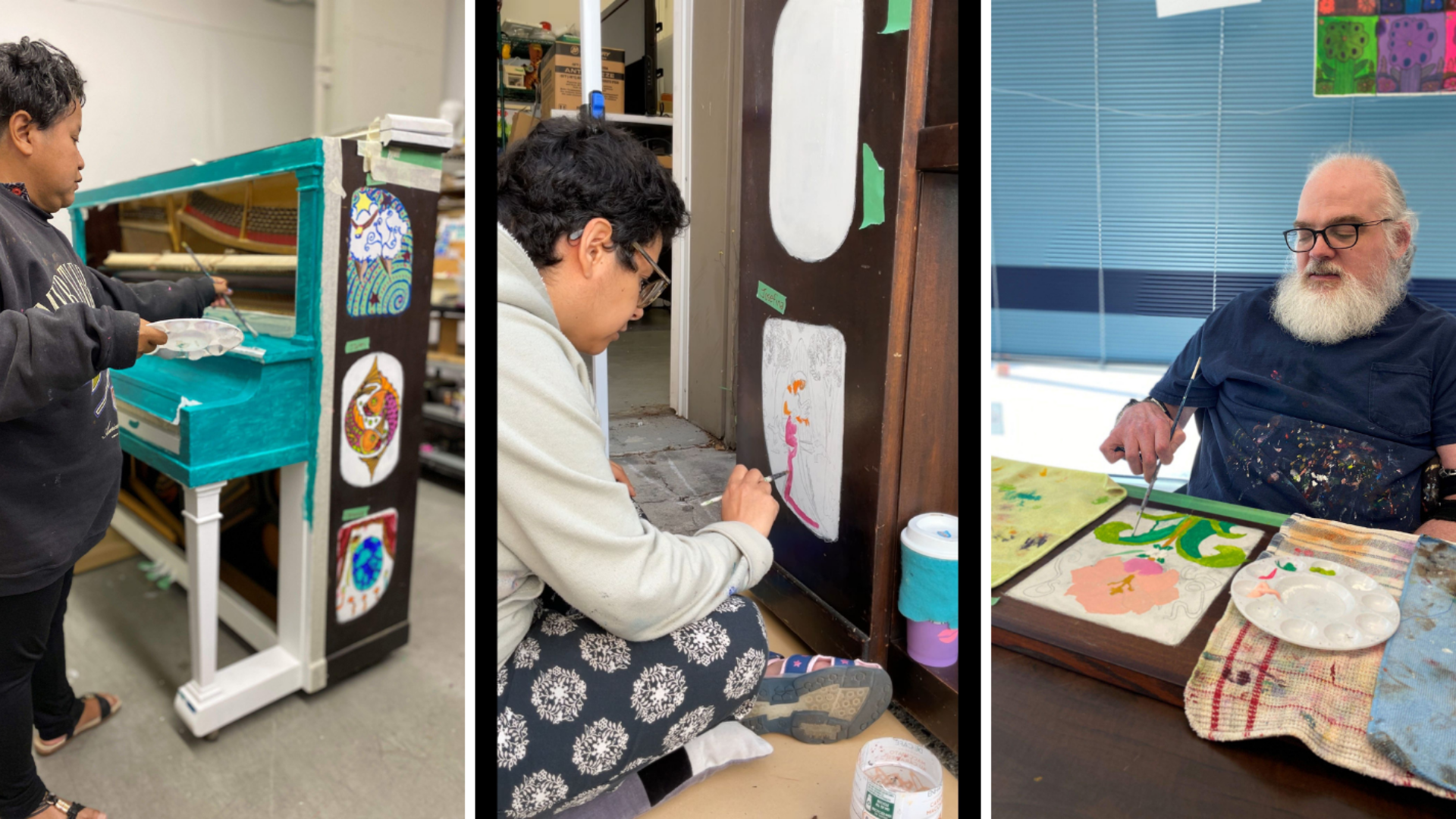
The vibrant spirit of the Garth Homer Society's ArtWorks program is back again in the community, as our talented artists have contributed a beautifully painted piano to Oak Bay's popular "Arts Alive" program. This initiative brings music and art directly to public spaces, featuring pianos decorated by local artists for everyone to enjoy. The Garth Homer Society's involvement marks their first entry into this cherished municipal program. Dedicated artists from the ArtWorks program collaboratively transformed an 1896 piano, infusing it with an Art Nouveau style inspired by natural elements like botanicals and animals. This unique piece, described as a "Symphony of Us," showcases 17 distinct artistic approaches unified by a common palette and features hidden "easter egg" surprises from each artist. The community has the chance to see and hear this incredible work of art at various pop-up piano concerts across Oak Bay. These events provide a wonderful opportunity to experience the creativity and dedication of the Garth Homer Society artists firsthand. For the full story and more details about the free pop-up piano concert series in Oak Bay, you can visit the original Oak Bay News article here: Free pop-up piano concert coming to Oak Bay's Loon Bay Park
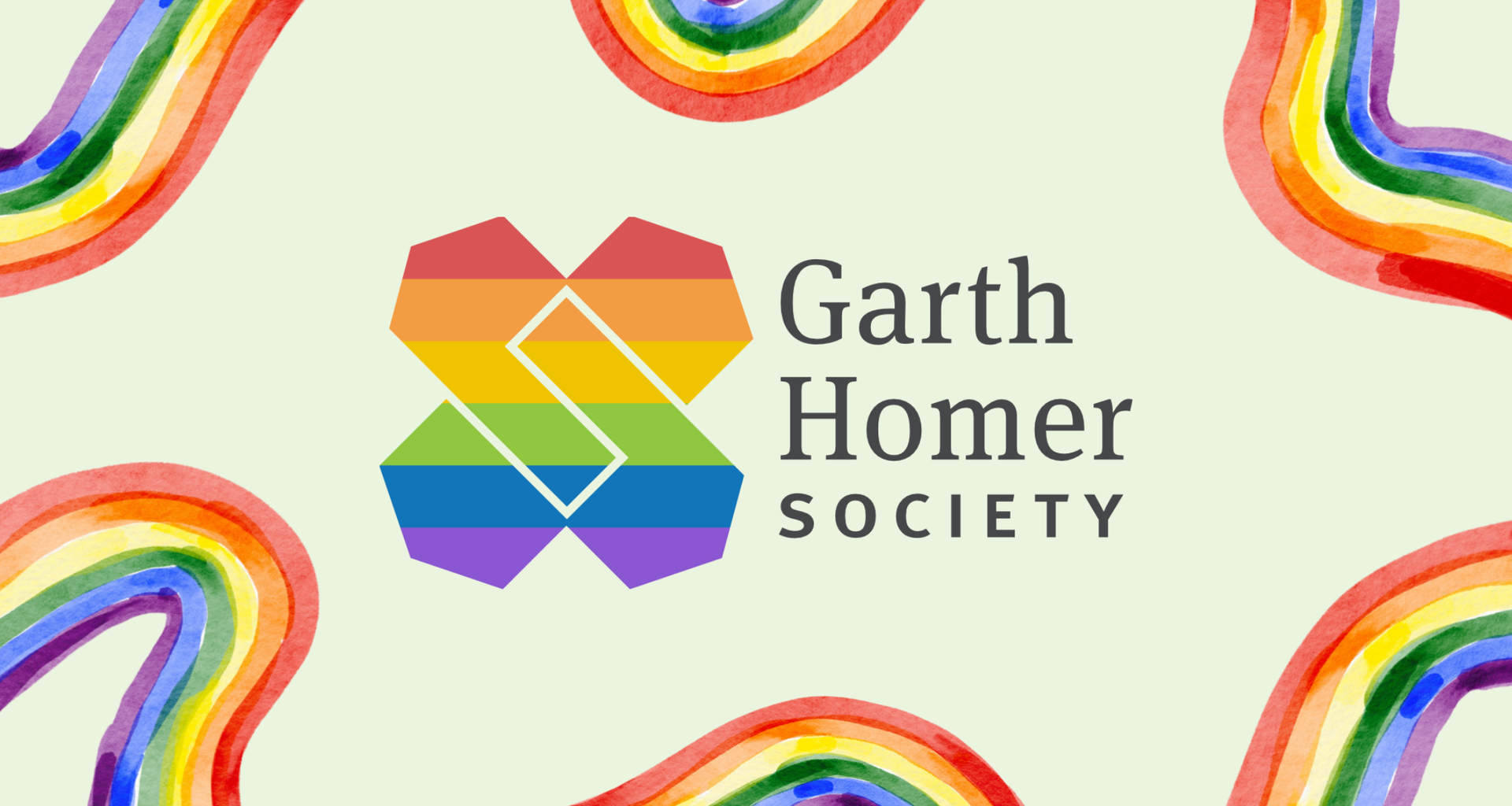
Pride Month celebrates the diversity of identities, including LGBTQ+ individuals and people with disabilities, both of whom fight for autonomy in love and life. Yet, disabled people often face assumptions that their romantic preferences don’t matter—whether it’s others infantilizing their desires, dismissing their attractions, or acting as if they should settle for any partnership. Pride Month reminds us that everyone, regardless of ability, deserves the right to love freely, without others imposing limits on their choices. Living with a disability can lead people to disregard personal boundaries in romance, as if disability negates the need for mutual attraction or respect. This mirrors the way LGBTQ+ relationships have been historically policed or invalidated. Pride Month challenges these harmful norms, affirming that everyone—disabled or queer—deserves agency over their love life, free from societal judgment or control. Both movements share the same core truth: no one’s feelings should be dismissed because of who they are. Ava – LGBTQ+ & Disability Intersectionality Focuses on the unique challenges faced by LGBTQ+ people with disabilities, including healthcare discrimination, employment barriers, and mental health disparities. Shares stats and allyship strategies. Why it’s great: Centers intersectional voices with data-driven insights.

At the Garth Homer Society (GHS) the ancient practice of yoga is being combined with mindfulness themes in a Winnie the Pooh story by AA Milne to create greater connection between instructor Isabelle Desmarais and her students. “I use [the text] as a deep nugget to work with the different characters throughout practice,” explains Isabelle who guides up to eight GHS clients with developmental disabilities, once a week, to be in the moment while moving their bodies. “It’s about finding different ways to connect, so I use Pooh and his love of honey as a metaphor for finding the sweetness in one’s practice.” Desmarais’ love of yoga and its transformative powers started at age 15 and only keeps growing through working with a niche of clients who don’t have the same kind of access to yoga that others do. She’s been guiding GHS clients through their downward dog, child’s pose and forward folds since March, in a hybrid chair and mat format, and teaches at other non-profits like the Victoria Brain Injury Society and Our Place as well. Her own neurodivergence is what motivates her to offer a softness in practice not usually offered at more traditional yoga studios. Inviting students to communicate their needs enables the class to become a curated experience rather than one that moves through a set routine. “I like to stop or pause to ask how a pose felt and to encourage the class to let their bodies, and what feels right, lead the way,” explains Desmarais. As an example, a recent class focused on rocking, a movement Desmarais describes as soothing for all bodies but an especially natural motion for students with down syndrome or autism. She also offers techniques that ground the parasympathetic – or rest and digest- parts of the body. It’s a strategy that’s particularly effective for her Garth Homer yoga enthusiasts who she describes as the most diverse groups she has ever taught in terms of personalities and needs. “It's so beautifully challenging and very humbling as a teacher. I learn so much more, I think, from the support workers as well, about how to connect with these beautiful people,” Desmarais explains. Communication is also key as some students are non-verbal. Questions aimed at getting a yes or no answer, pointing to body parts and meeting each individual where they’re at help guide every practice. The power of choice also grounds her approach. “Not everyone has the luxury of choice in their day-to-day life and so in this space, they have the opportunity to choose what feels good”. It’s an approach that has led to a dance party at the end of class rather than the traditional shavasana that typically concludes practice. “Maintaining stillness can be challenging for the group but I’m already getting great feedback from caregivers who say yoga has helped with the ability to self-calm and sit still,” adding the studio is a place where students can practice and incrementally build up their ability to be in stillness. Desmarais is quick to point out however that working with GHS clients isn’t just about giving the power, benefits and healing properties of yoga to her students. She emphasizes that she receives much more in return commending everyone’s unapologetic way of showing up to each class. “It’s all pure honesty in that room, there are no masks or competition. Everyone is showing up as authentically themselves and I think that’s the true power of yoga.”
